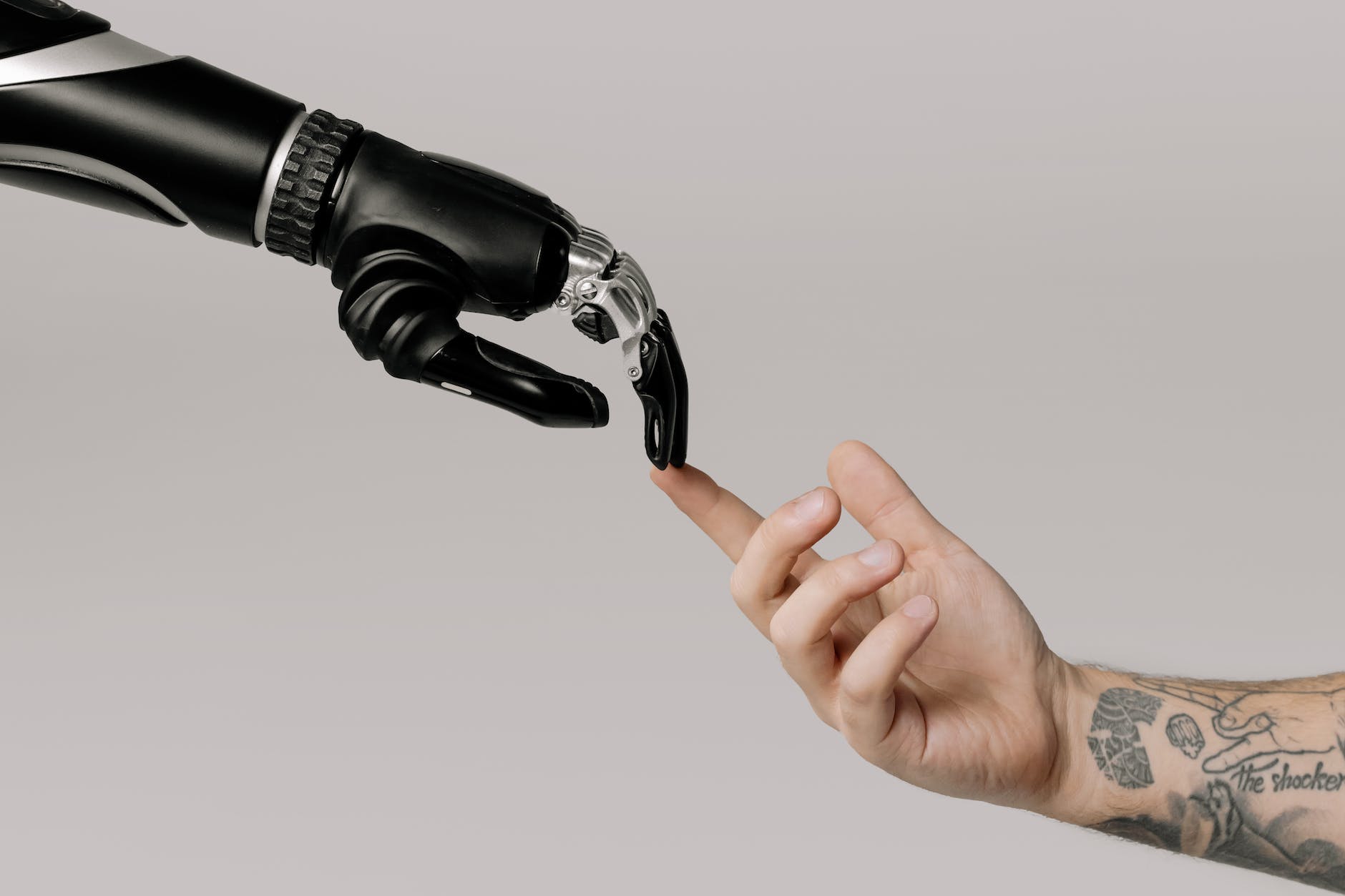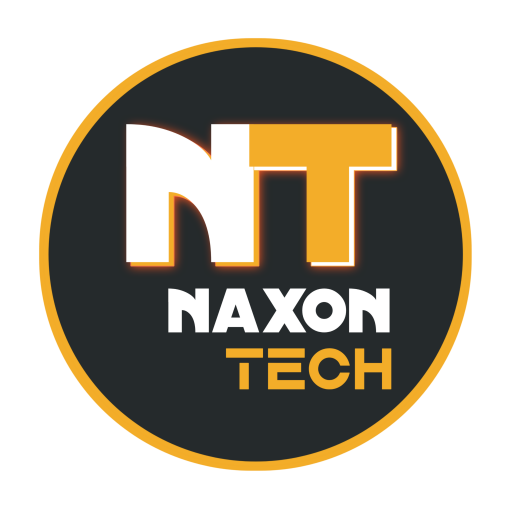
Harvard University is embracing the power of artificial intelligence (AI) by incorporating an AI chatbot with the capabilities of ChatGPT as a teacher in its renowned Computer Science course. This innovative initiative aims to leverage state-of-the-art AI technology to enhance the learning experience of students. With the AI chatbot instructor, Harvard aims to provide personalized support and guidance to students, ultimately striving for a 1:1 teacher-student ratio. Let’s delve into the details of this exciting development.
The Rise of AI-Powered Teaching
Harvard University has recognized the potential of AI and its impact on the field of education. The integration of an AI chatbot instructor is a testament to the university’s commitment to staying at the forefront of technological advancements. By harnessing the power of OpenAI’s advanced GPT 3.5 or GPT 4 models, Harvard aims to offer students an unparalleled learning experience in its Computer Science 50: Introduction to Computer Science (CS50) course.
The AI Course at Harvard

The AI-powered course is set to launch in September, opening doors to a new era of education. Students enrolled in the CS50 course will have the opportunity to interact with the AI chatbot instructor, which will provide tailored support and guidance based on their individual needs. This revolutionary approach seeks to create an environment where every student can receive personalized attention, irrespective of the class size.
Enhancing Student Learning Experience
Professor David Malan, the instructor of CS50, envisions a future where AI can bridge the gap between teachers and students. The implementation of AI tools, such as the ChatGPT-powered chatbot, aims to provide students with software-based tools that support their learning journey 24/7. This allows students to progress at their own pace and in a style that suits their unique learning preferences.
Addressing Challenges at Scale
Massive open online courses (MOOCs) like edX and OpenCourseWare face significant challenges in providing personalized support to a large number of students. With the introduction of the AI chatbot instructor, Harvard aims to overcome these obstacles and cater to the needs of students both on-campus and online. The adaptive nature of the AI chatbot ensures that students receive timely assistance for their specific questions and concerns.
AI Technology: Balancing Potential and Limitations
While AI technology, like ChatGPT, has gained immense popularity, it is important to acknowledge its limitations. Concerns regarding accuracy and AI “hallucinations” have been raised, prompting educators to emphasize the development of critical thinking skills among students. Professor Malan acknowledges the need for students to exercise their judgment when evaluating AI-generated content. By actively engaging with the AI chatbot, students contribute to the ongoing improvement of the technology.
User Feedback and Continuous Improvement
Harvard University recognizes the value of feedback from both students and teachers in refining the capabilities of AI chatbots. The insights gained from user experiences and interactions will inform future enhancements and updates to the AI-powered instructor. This collaborative approach ensures that the technology evolves to better serve the needs of students and educators.
Conclusion
Harvard University’s decision to employ an AI chatbot instructor marks an exciting milestone in the integration of AI technology in education. By leveraging the capabilities of ChatGPT, the university aims to provide students with personalized support and enhance their learning experience. The introduction of the AI chatbot is a testament to Harvard’s commitment to innovation and creating an inclusive learning environment. As AI technology continues to evolve, students and educators alike will play a crucial role in shaping its future.
FAQs
Q: How will the AI chatbot instructor benefit students?
A: The AI chatbot instructor will provide personalized support, allowing students to learn at their own pace and receive tailored assistance for their specific questions.
Q: Will the AI chatbot replace human teachers entirely?
A: No, the AI chatbot is designed to complement human teachers and enhance the learning experience, aiming for a 1:1 teacher-student ratio.
Q: What models will be used to develop the AI chatbot instructor?
A: The AI chatbot will be based on OpenAI’s advanced GPT 3.5 or GPT 4 models, ensuring cutting-edge capabilities and functionality.
Q: How can students engage with the AI chatbot instructor?
A: Students enrolled in the CS50 course will have access to the AI chatbot instructor through an interactive platform, allowing them to seek guidance and support.
Q: Will the AI chatbot be available outside of class hours?
A: Yes, the AI chatbot will be available 24/7, providing continuous support to students whenever they need it.
Q: How will critical thinking be encouraged in the presence of AI-generated content?
A: Professor Malan emphasizes the importance of critical thinking skills and encourages students to evaluate and analyze AI-generated content independently.


